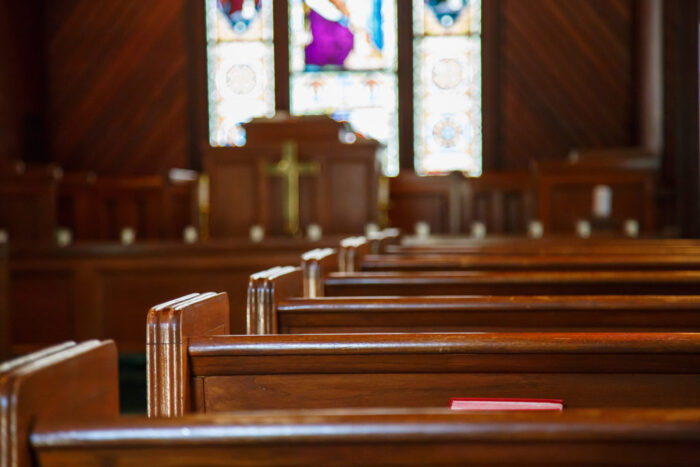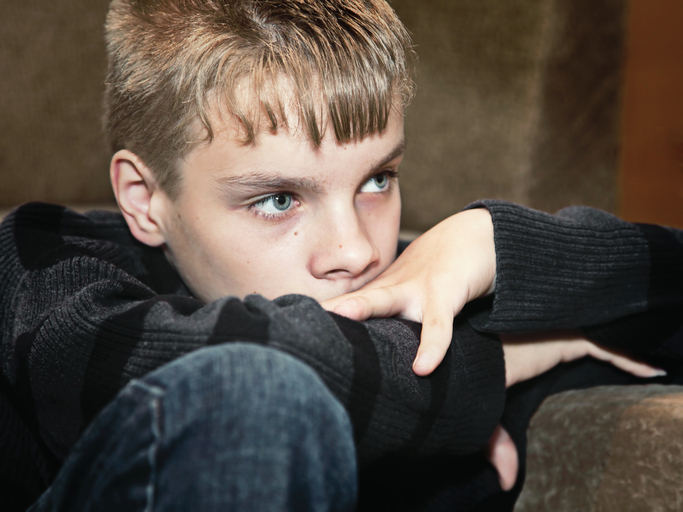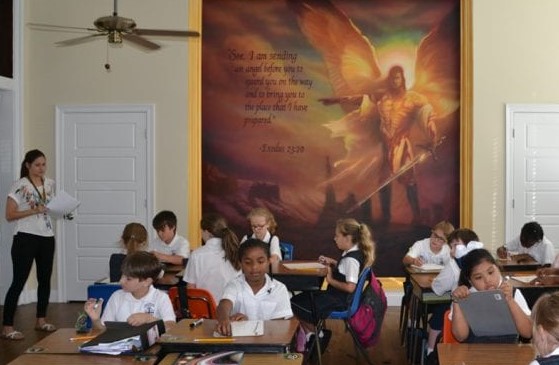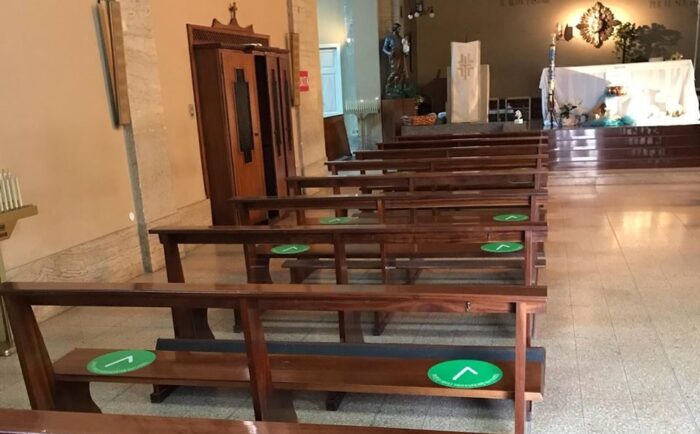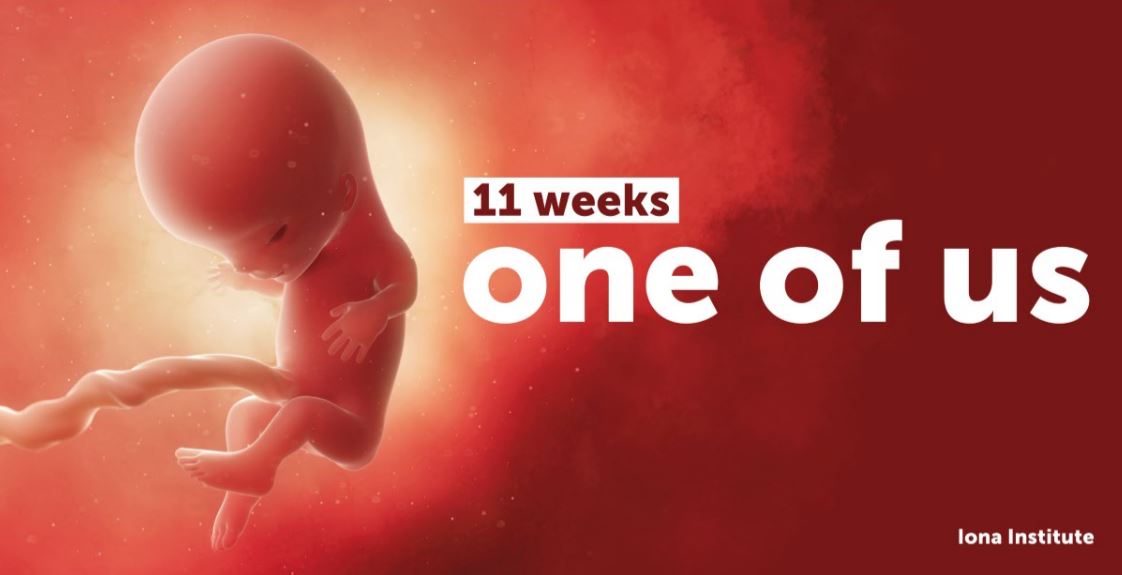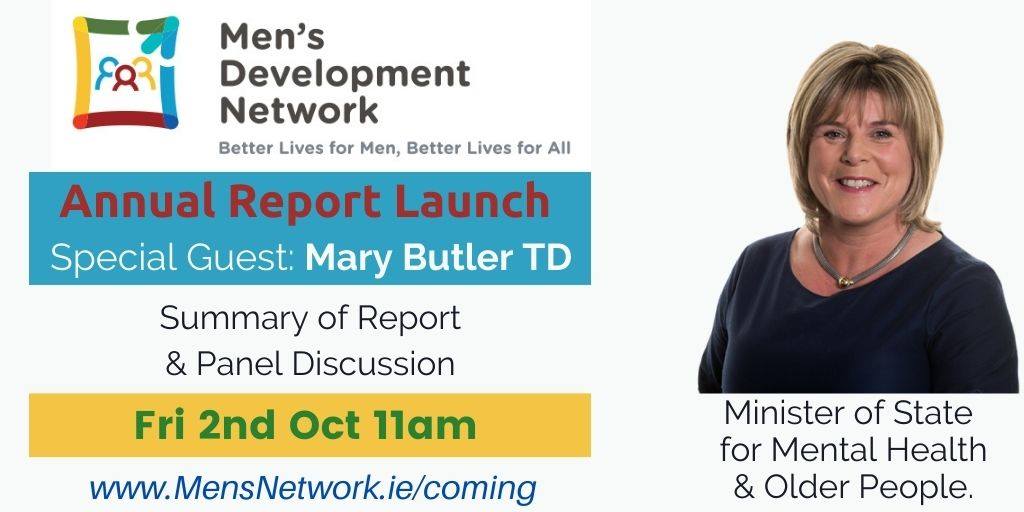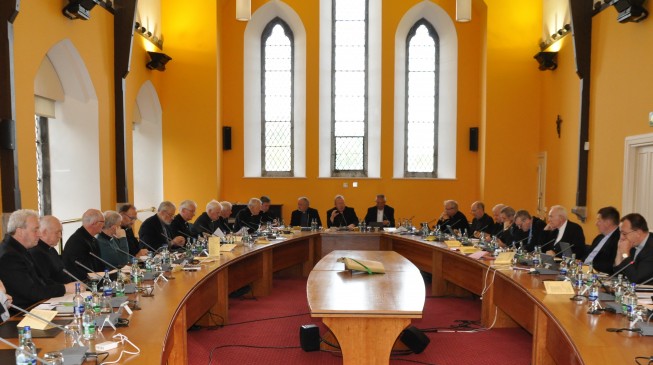Males need to be taught from the earliest age possible to do half of housework and caregiving, a men’s charity has claimed.
Sean Cooke, chief executive of the Men’s Development Network, said sharing unpaid work in the home is an “urgent matter of gender justice”.
He maintained there will never be gender justice until men take responsibility for half of the world’s childcare and domestic work.
Work to develop positive attitudes towards fatherhood and managing households should begin at the earliest age for boys, Mr Cooke said.
Speaking at the same event via videolink, the Minister of State for Mental Health and Older People Mary Butler said the goal of achieving “equitable and involved fatherhood cannot be underestimated”.
Ms Butler praised the network for “supporting family units across the country and challenge damaging stereotypes that often prevent people from availing of the support they need.”

